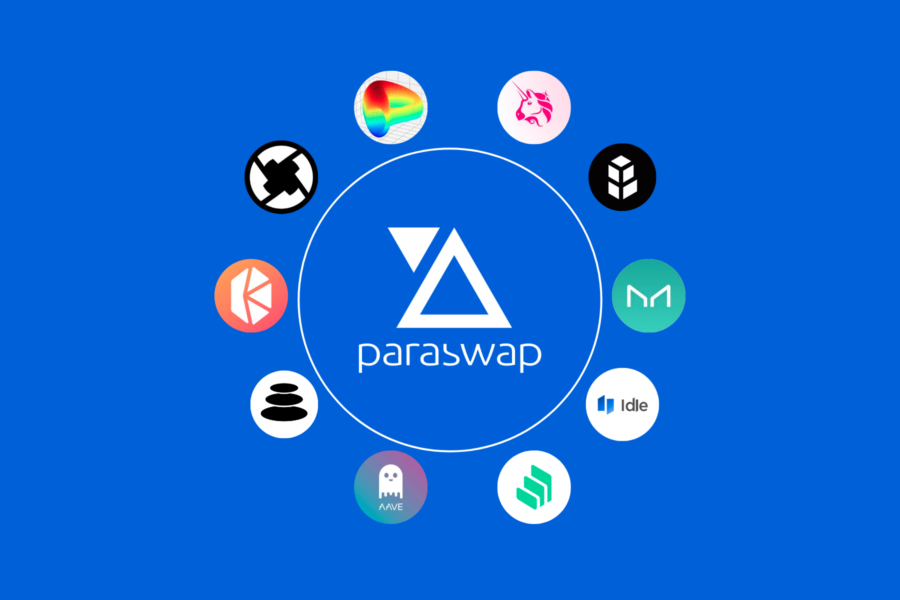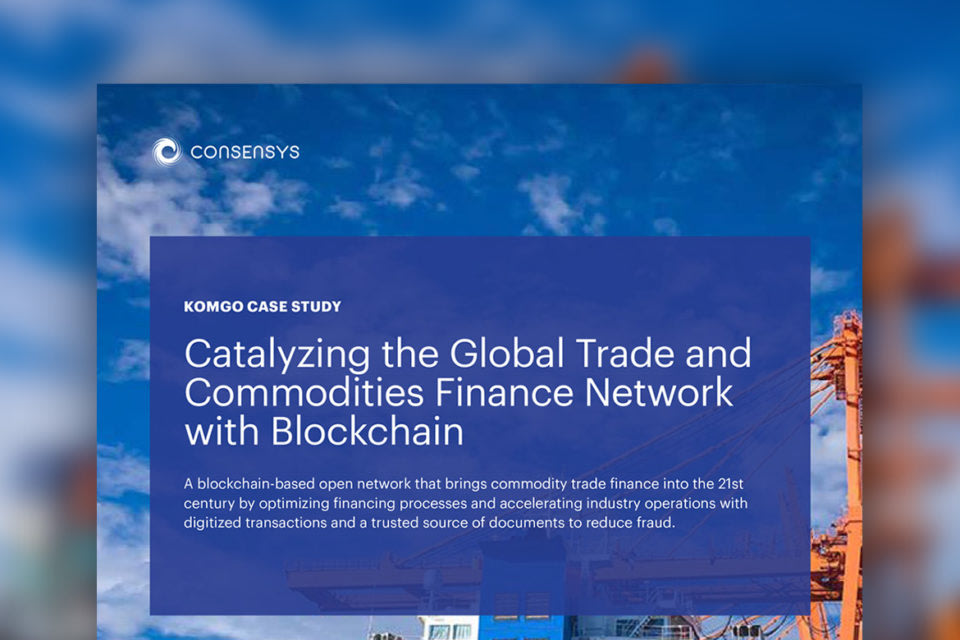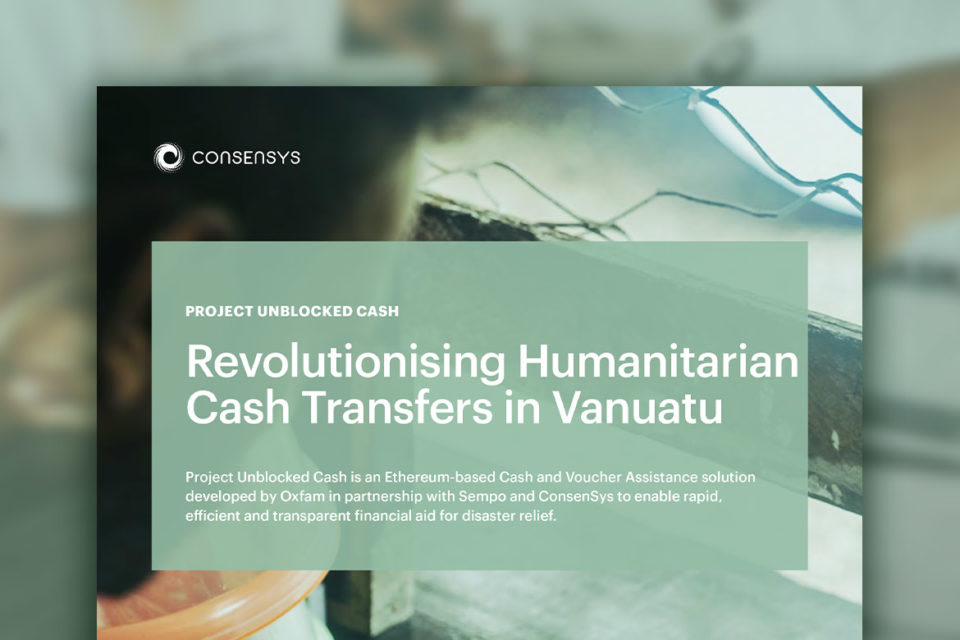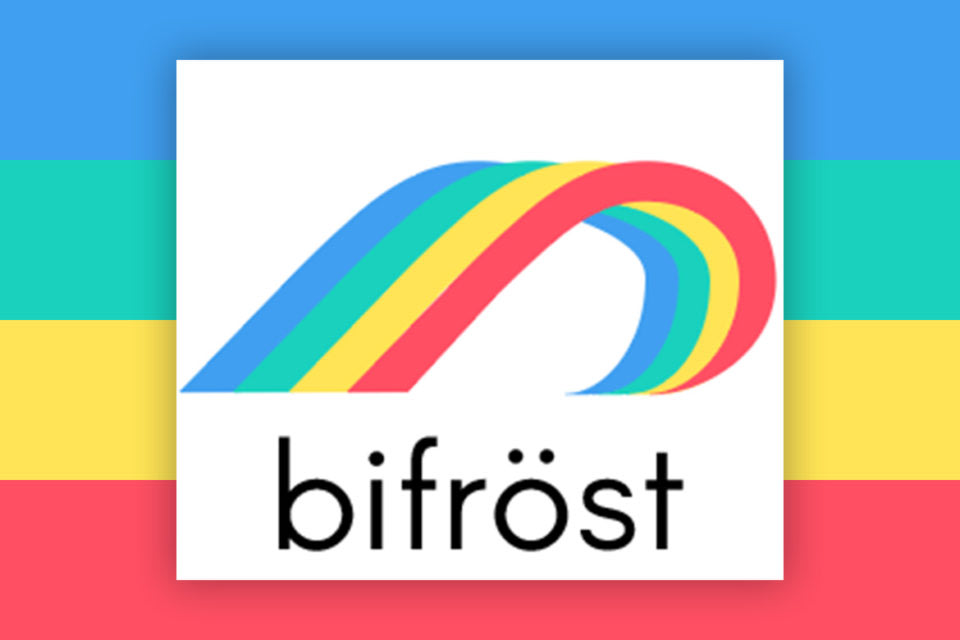
Real-World Blockchain Case Studies
Consensys Solutions and several of Consensys’ products have built industry-changing Ethereum blockchain solutions for the sectors of finance, international trade, supply chain, government, social impact, and more.
Commerce and Finance Case Studies


GroundX, a blockchain affiliate of Kakao Corp., developed Klaytn, a public blockchain with Ethereum compatibility and partnered with Consensys to begin work on the Central Bank of Korea CBDC architecture.


Consensys formed a joint team together with Societe Generale - FORGE in order to define and develop the smart contract representing CBDC balances in Euro. The smart contract leveraged existing token standards and was deployed by the Banque de France on the Ethereum mainnet, with settlement taking place on-chain.


Consensys will lead the implementation of this transformational industry project by leveraging its technical expertise and its digital assets product stack, comprising Consensys Quorum, Codefi Assets, and Codefi Orchestrate.
NFT Experience Case Studies


32,492 Collectors from over 130 countries applied to purchase 67,023 NFTs of ‘The Currency,’ Damien Hirst’s first NFT collection. HENI, Palm NFT Studio, and Consensys engineered a seamless experience to successfully allocate, mint, and distribute the NFTs.


Palm is a new token-powered ecosystem for NFTs, which is connected to Ethereum, and features low gas costs, fast transaction finality, and 99% more energy efficiency than proof of work systems. The first artist drop on Palm is Damien Hirst’s The Currency Project, which consists of 10,000 works on paper tied to corresponding NFTs.
Infrastructure and Scaling Case Studies


Consensys Rollups enables Ethereum software developers to increase scale, efficiency and speed of transactions on the Ethereum Mainnet and permissioned blockchains.


Using Infura’s APIs and Archive Node data, ParaSwap is able to source on-chain prices, query user balances, and track the state of user transactions.


Infura helped Akropolis service surges in consumer demand across their product suite by offering simplified integration and the ability to confidently handle high request volumes.
Supply Chain Case Studies


Blockchain solutions from Consensys products Quorum, Codefi, and Diligence enable Covantis to create a global network for the efficient execution of bulk agricultural trade operations.


Blockchain for Supply Chain Management. AURA is a consortium blockchain pioneered by the LVMH Group to track and trace luxury goods— from raw materials to the point of sale, to second-hand markets — in order to assure consumers of product history and proof of authenticity.


Blockchain for Commodity Trade Finance. Komgo is a secure, blockchain-based platform that is optimizing financing processes and accelerating industry operations for the world’s largest commodity trade and finance companies.
Government and Identity Case Studies


Blockchain for Smart Cities. Smart Dubai is an initiative spearheaded by His Highness Sheikh Mohammad bin Rashid Al Maktoum, seeking to make Dubai the happiest city on earth by leveraging blockchain, AI and IoT technology.


Blockchain in the European Union. An initiative led by the European Commission aiming to support and accelerate the development of the blockchain ecosystem in the EU.


Blockchain for Digital Identity. Pioneered by the Zug government, this initiative grants a digital, decentralized, sovereign identity to each Zug citizen. Citizens can verify their identity, cast votes, and access government services from the comfort of their homes.
Social Impact Case Studies


Blockchain for Armed Conflict. An initiative that pinpoints the location of impending airstrikes, alerts citizens to evacuate and records immutable evidence that identifies the perpetrators of attacks.


Blockchain for Social Impact. An Ethereum-based Cash and Voucher Assistance humanitarian solution enabling more speed, efficiency, and transparency in financial aid for disaster relief.


Blockchain for Social Impact. A collaboration between Consensys Social Impact, MakerDAO, and Dether to expedite and reduce the cost of delivering cash on the ground in crisis areas.